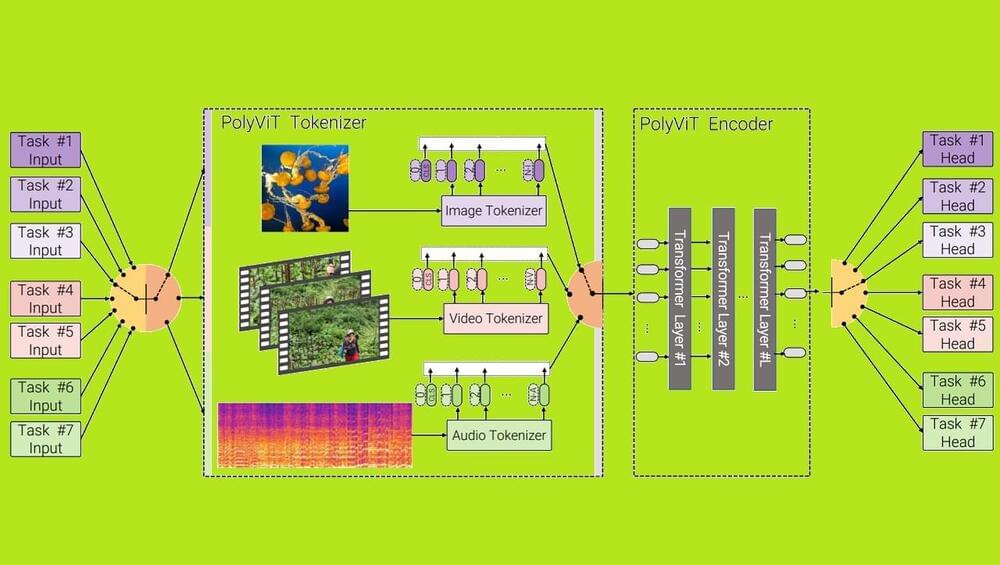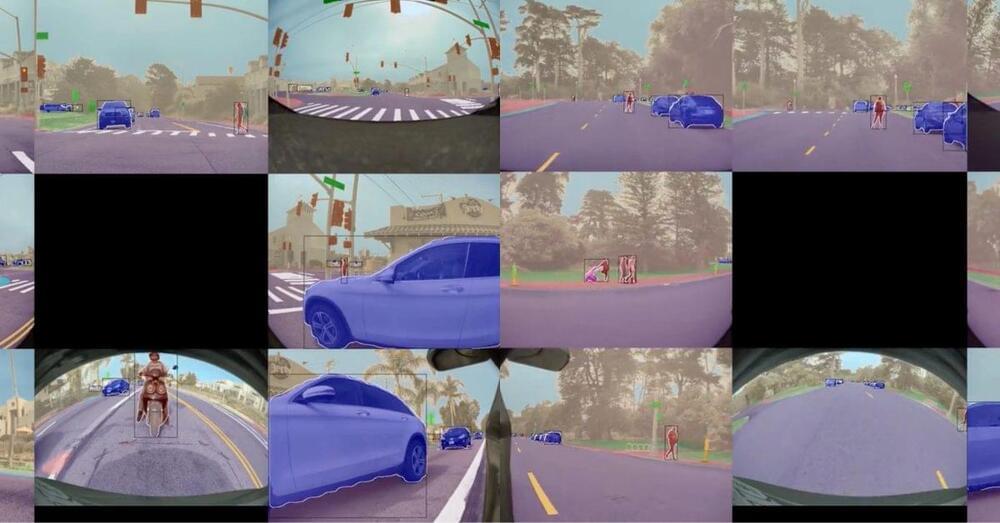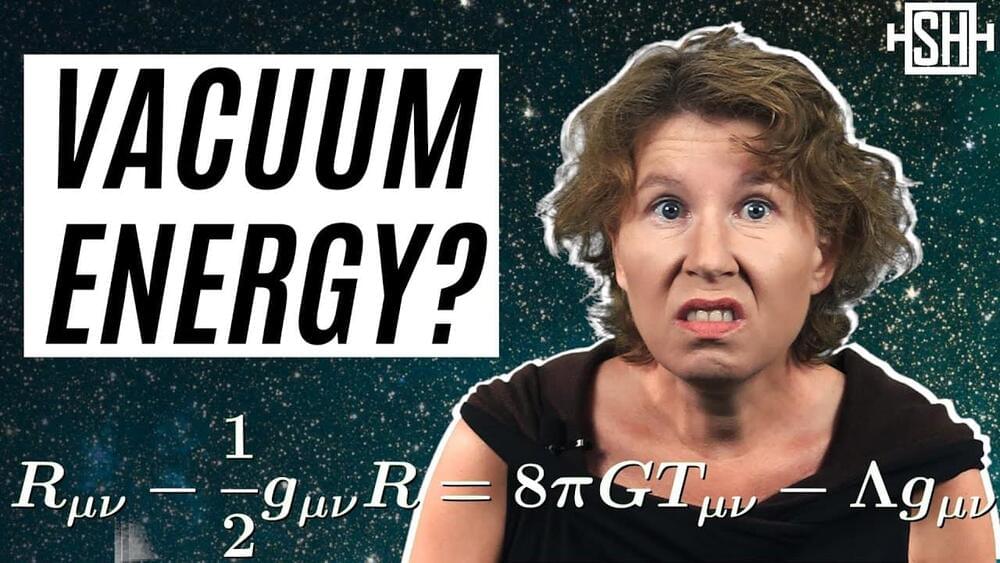
People and companies are betting on life becoming more digitized and the much-hyped, little-understood metaverse taking off; virtual land is becoming as much of an investment as physical land, and if current trends continue, may stand to give early adopters a huge payout. Metaverse Group chose its plot of land very intentionally, and knows exactly what use it will be put to; located in Decentraland’s Fashion Street district, the space will be used “to facilitate fashion shows and commerce within the exploding digital fashion industry.”
Let’s back up a bit. Decentraland is a decentralized virtual world built on the Ethereum blockchain, with “decentralized” obviously being the key word and the platform’s big differentiator. “The people who use Decentraland own Decentraland,” Dave Carr, communications lead for the platform, told Euronews Next. “We have a decentralized autonomous organization in which people can submit proposals and vote on proposals submitted by others. And this effectively determines the future direction of Decentraland.”
Facebook, now Meta, aims to rule the metaverse of the future, but it seems likely that people will gravitate towards platforms like Decentraland precisely because they’re not owned or controlled by a centralized authority. Facebook hasn’t done a great job of earning its users’ trust, and it could take a long time for the company to turn consumer sentiment around. Meanwhile, Decentraland’s emphasis on autonomy and the lack of a single powerful decision-maker may be just what virtual world enthusiasts are looking for.


















